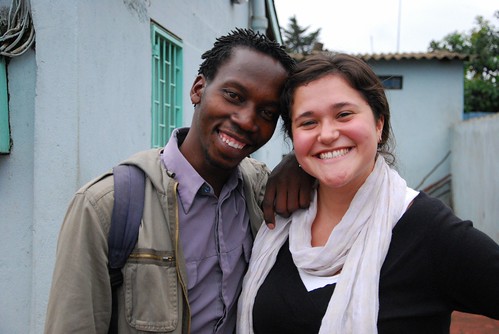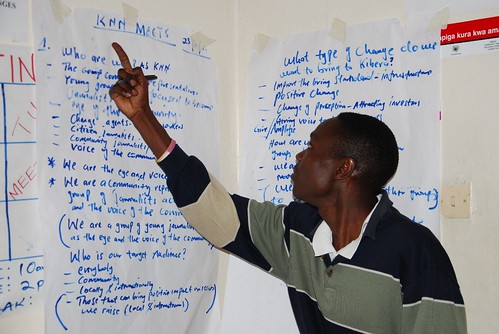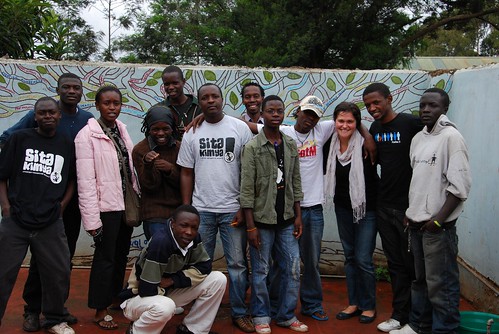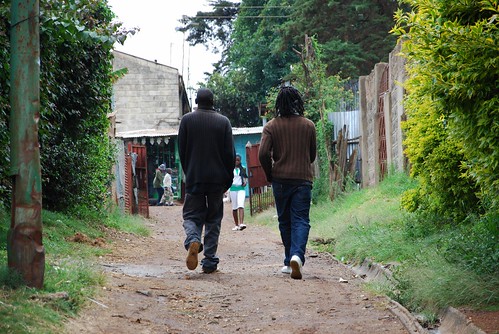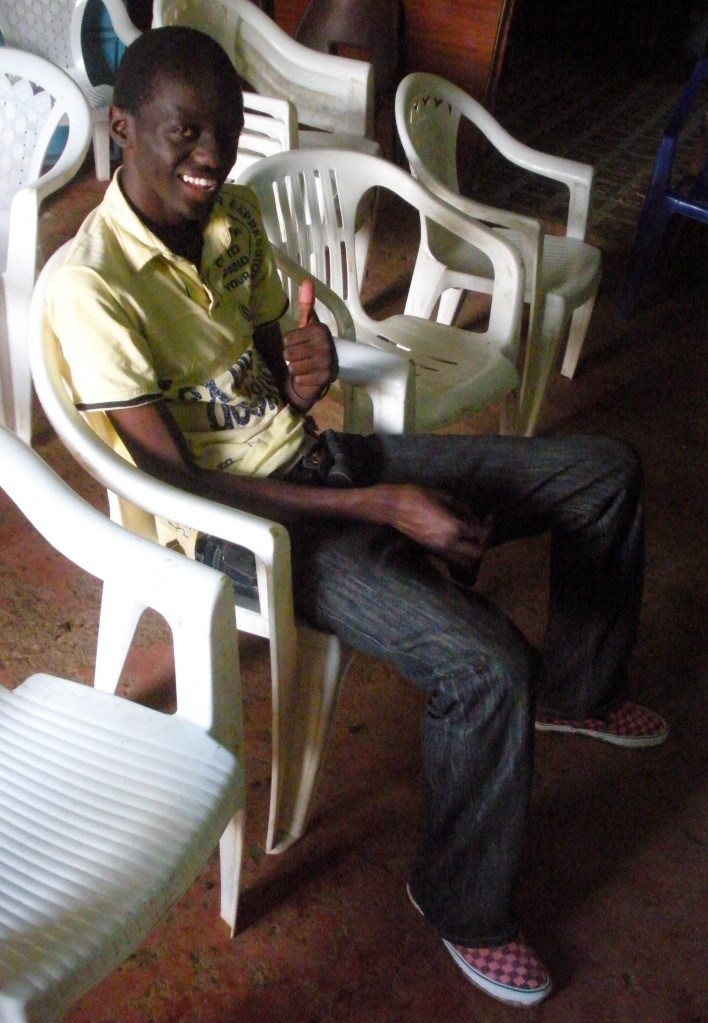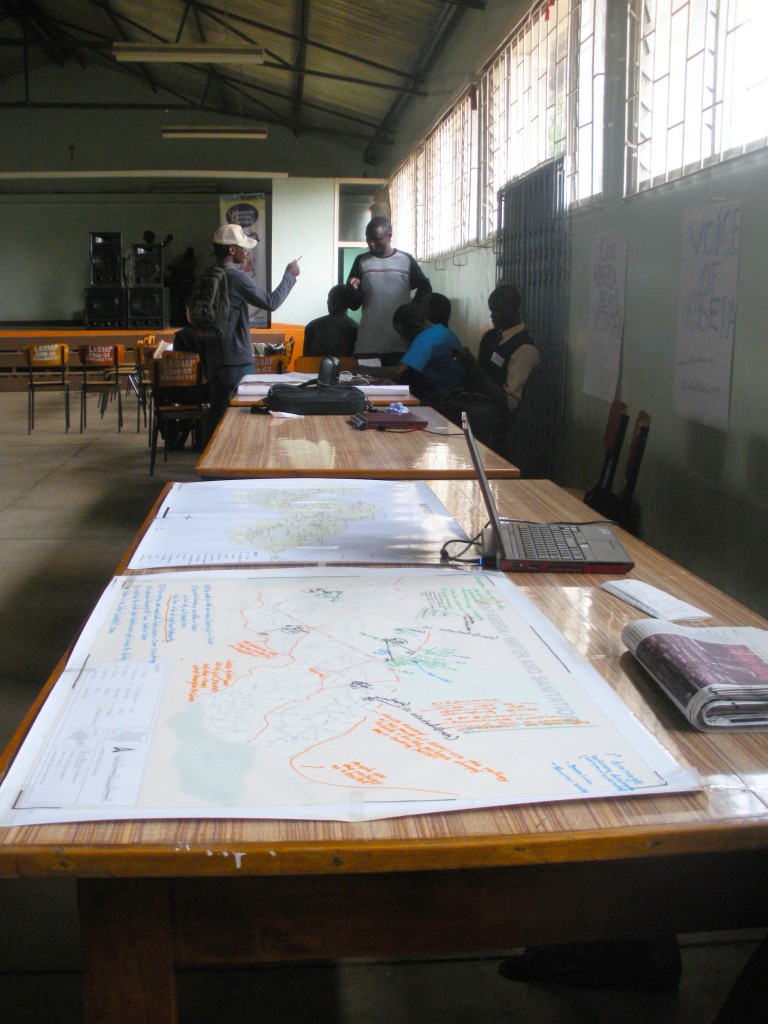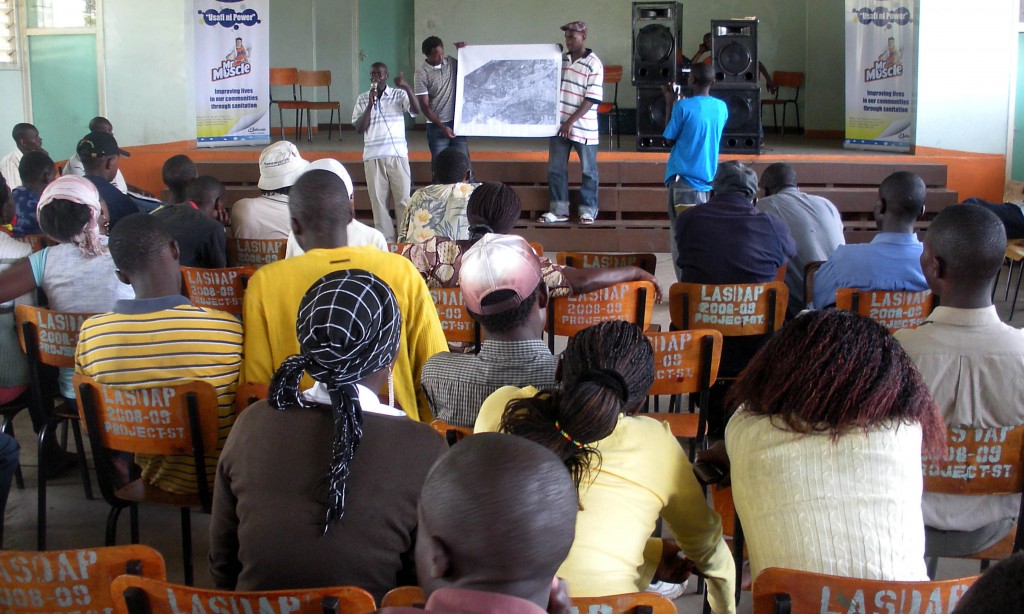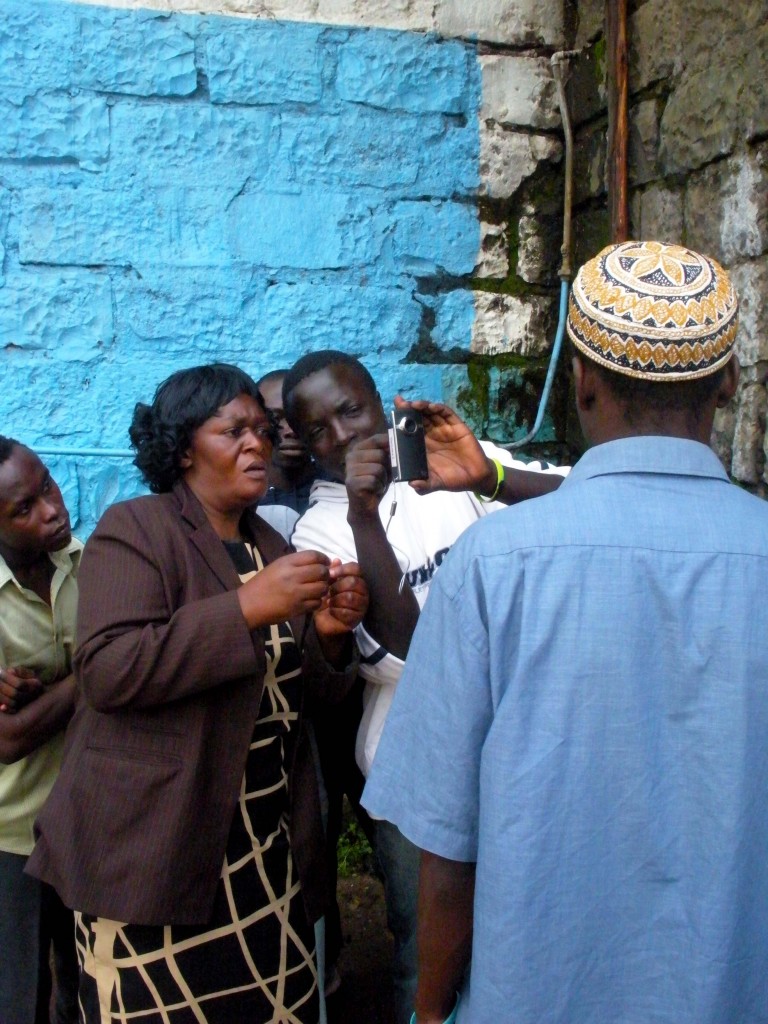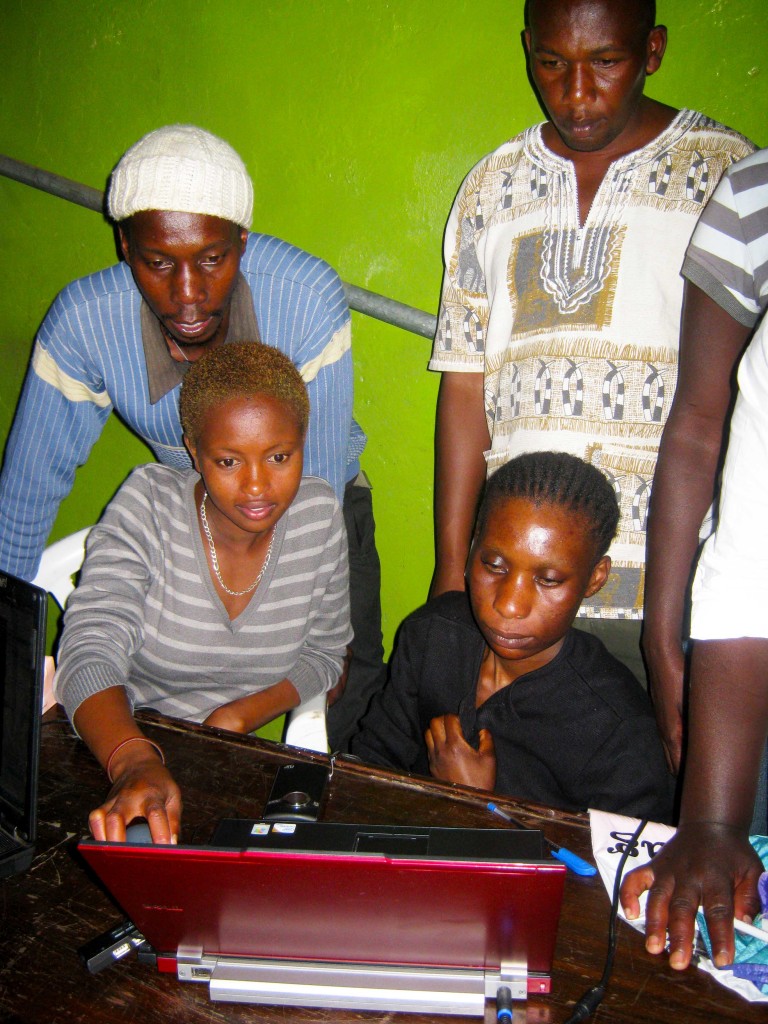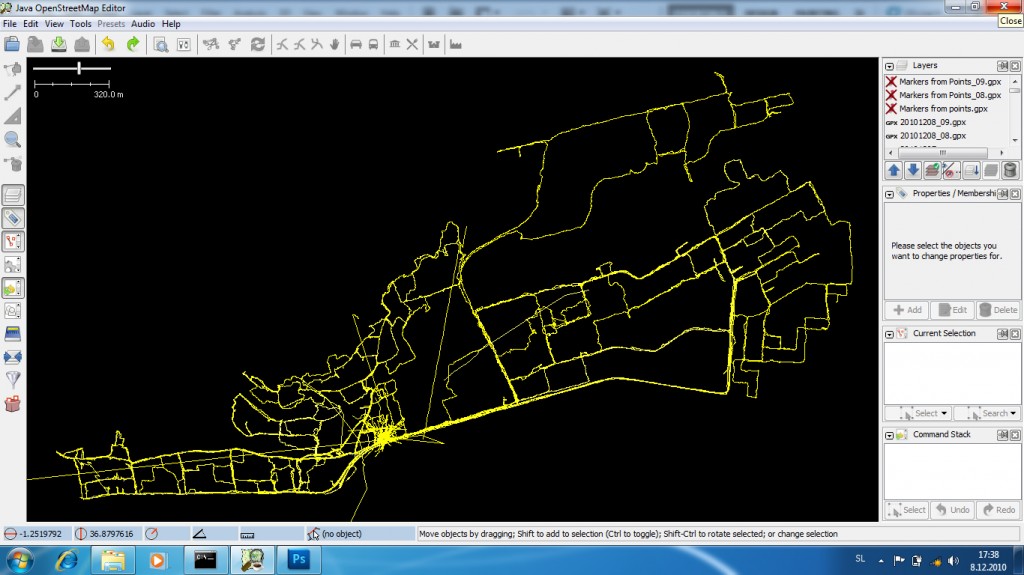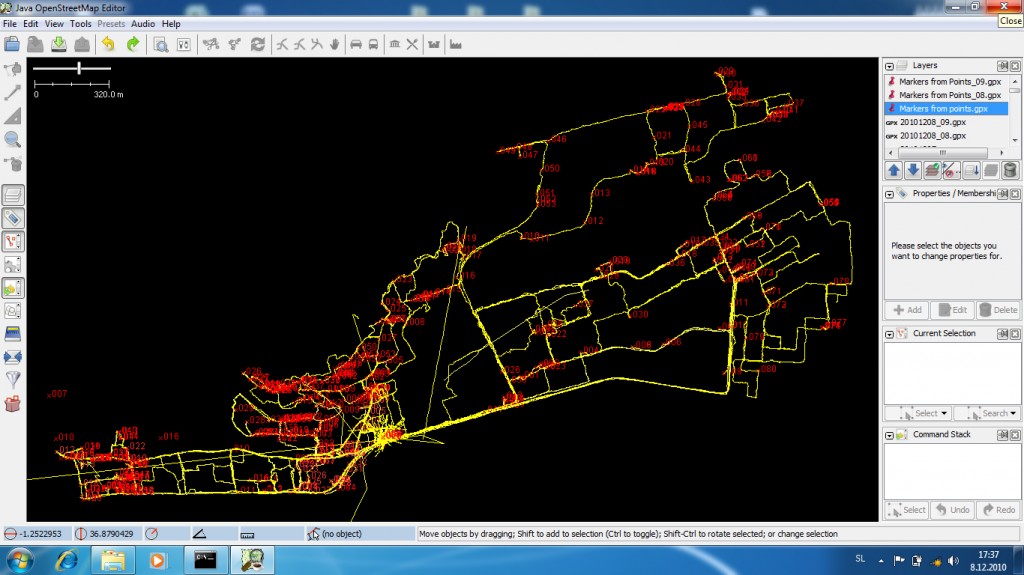Wanda O’Brien volunteers with Map Kibera in her spare time, while working as a Research and Communications Fellow at the Aga Khan University, Graduate School of Media and Communications in Nairobi. We asked her to write about her experience so far, and here’s what she reported!
It was a Saturday morning, and light filtered through the window curtains illuminating people sitting on a couch, chairs, some perched on the countertop all roughly circling a table in the middle of the room.
On my first meeting with the Kibera News Network (KNN) journalists I asked the young reporters crowded into the workspace near Chief’s Camp to answer three questions:
What do you want to learn during the workshops?
What is a story you have worked on that you found exceptionally challenging or one you are very proud of?
Why are you a journalist?
This was a pre-meeting before I began Saturday reporting workshops for the month of November. The journalists had previous training on videography and filming, but wanted more training on specific reporting skills. Trying to ascertain what I could offer in a classroom environment and the level of journalism experience in the room, after introducing myself, I asked the above three questions and we all listened and discussed what was said for rest of the morning.
QUESTION 1
What do you want to learn during the workshops?
Reporting training topics broached included journalism professionalism, finding story ideas, effectively using voice for VO (voice-overs), TV stand-ups, and interviewing techniques, to name a few. More than enough content to go beyond our originally planned four weeks together! After I asked about story structure, types of news stories, and media law a plan materialized of the direction our sessions would take.
QUESTION 2
What is a story you have worked on that you found exceptionally challenging or one you are very proud of?
Stories about covering events for HIV/AIDS, road infrastructure, and mud slides involving death in the community. The typical challenges of being a reporter, compounded by the role of KNN as a group of Kiberan journalists and residents reporting stories the mainstream media does not.
QUESTION 3
Why are you a journalist?
The answers to Question 3 spoke to the young journalist in me who ventured to J-school after high school not knowing what to expect.
Individuals talked about business opportunities and career potential by having a marketable skill set. However, threaded throughout the business prospects a collective passion for the craft was individually voiced. That through journalism, through story-telling, a community documents and displays its realities with the potential to grow and develop.
Several of the journalists seated in the room with me said they practiced journalism because of its capacity to facilitate change. And they want to be instrumental in creating positive change in Kibera.
You can’t teach that.
The Saturdays in November sped by with workshops covering journalism professionalism, the elements of news, interviewing, media law and ethics, story ideas and story structure. It was a pleasure to work with and discuss journalism techniques and expectations with the group. Utilizing the skills, ideas, and passions within the group, I am excited to see what stories will be produced next, continue working with the team, and follow how the Kibera News Network develops in 2011.
